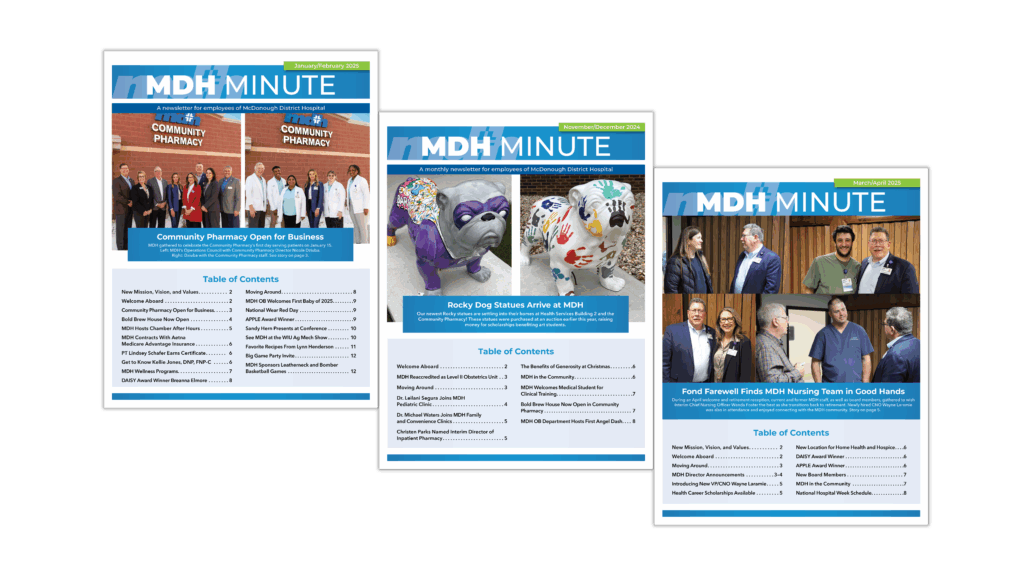There’s nothing more useless than a beautifully designed website that nobody ever sees. Optimizing your website’s content for search engines can not only ensure that people find it, but that the right people find it—the ones who are actually interested in your products or services.
Optimizing your metadata with the keywords you want search engines to rank your site for is an important step to take. The most important pieces of metadata are title tags and description tags, since these are what show up on Google and other search engines. Google will display around 60 characters for title tags, and 165 characters for description tags, so make sure you write your tags to around this length.
Though it may be tempting, don’t stuff your content or metadata tags with keywords—use keywords and phrases only when they seem natural in context. Search engines will reward well-written content with a few key phrases over stuffed content, which they may identify as spam.
A brief side note: you can enter keywords into the keyword tag as well, but most experts agree that search engines pay little to no attention to this nowadays.
There’s another reason to invest in well-written tags—branding. These snippets of text will be the first thing a person using a search engine reads about your company, so you want it to make a good impression and convince them to click on the link to your site. Once they’re in your site, you can dazzle them with your brilliant design and content—but you have to get them there first!
photo credit: Light in a Glass via photopin (license)



